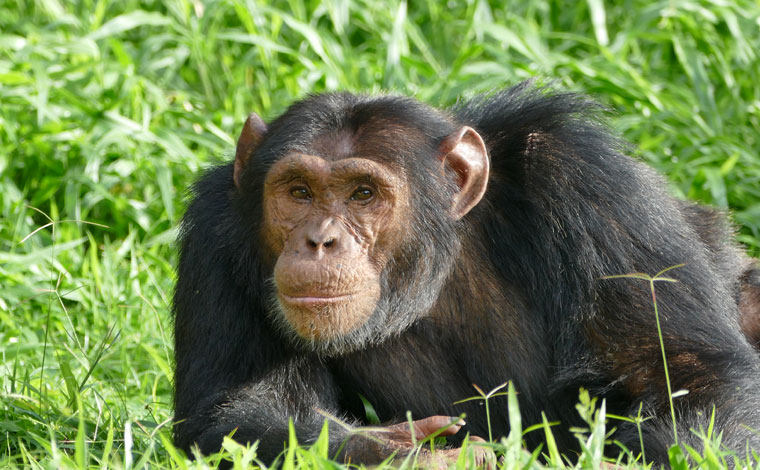We use a wide range of research methods including state-of-the-art experimental approaches, and our research is conducted both on- and off-site. We have established networks of cooperation at both national and international levels, collaborating closely with research institutes and zoos elsewhere in the UK and Europe, Japan and the US, and also in field sites in Africa. We are part of the Scottish Primate Research Group and were part of the consortium bid to fund the 'Living Links to Human Evolution Research Centre' at the Royal Zoological Society of Scotland's Edinburgh Zoo, where we conduct several projects, including developing an evidence-based animal behaviour welfare audit. We take advantage of our beautiful University campus, and we recently established the Crow Behaviour and Cognition Project studying carrion crows residing there.
BERG members are part of the Lifespan Research Lab: an interdisciplinary project that investigates cognition, behaviour, and wellbeing from infancy to old age in human and non-human animals.
BERG’s research is timely and relevant to global challenges. We investigate, for example, how animal species, including humans, cope with aging, environmental degradation, climate change, or exposure to pathogens. By understanding these processes, our aim is to facilitate sustainable and peaceful co-existence of humans, non-human animals, and their environment.
Our research has been funded by a wide variety of sources including the BBSRC, ESRC, the Royal Society, the Leverhulme Trust, the British Academy, the NC3Rs, and the European Research Council.
Follow us on X at @BERG_Stirling.

